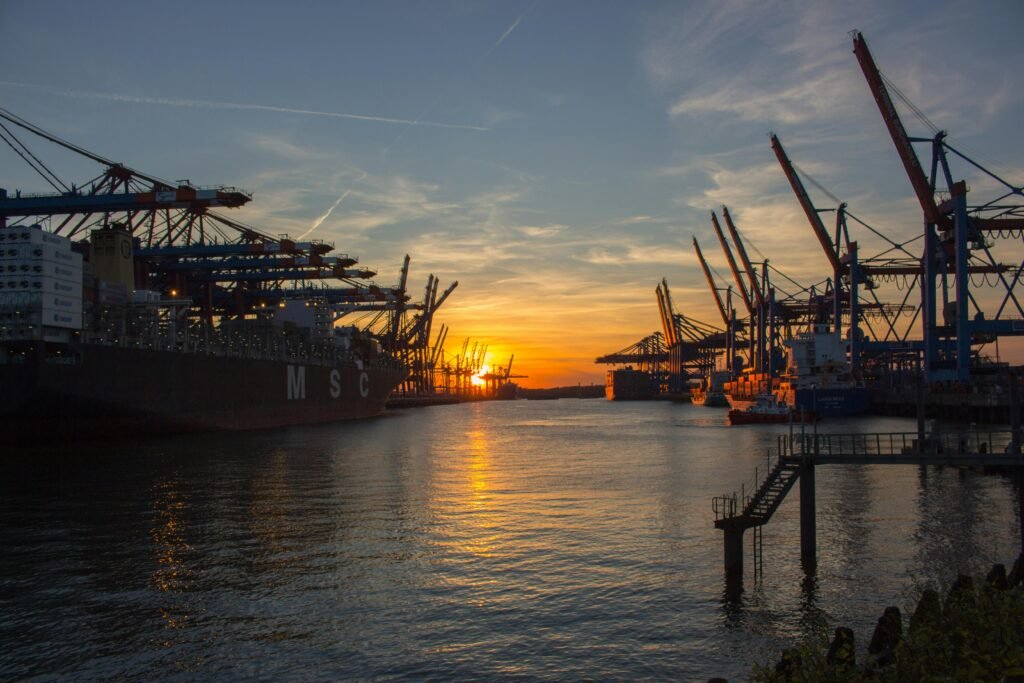Understanding LCL Cargo
Less than Container Load (LCL) cargo is an efficient way to ship goods by sea when you don’t have enough items to fill an entire container. For businesses and individuals looking to import LCL cargo to Indonesia, it’s crucial to grasp the regulations and processes involved.
Steps to Legally Import LCL Cargo
Importing LCL cargo legally involves several steps. First, ensure that your goods are eligible for import to Indonesia by checking the import regulations pertaining to your type of product. Next, select a reputable freight forwarder who specializes in LCL shipments. They will guide you through the necessary paperwork, including import permits and customs declarations.
With all shipments, including less than container load shipments, you need to present the right documents to the authorities when exporting and importing goods. The list of documents you require for LCL shipping depends on two things: the types of cargo you are moving and the locations you are shipping to and from.
To clear your LCL goods at customs, you will in any case need to present several key documents including:
- Commercial invoice
- Packing list
- Bill of lading
- Export/Import customs declaration
Key Considerations for Importing
When importing LCL cargo, understanding the associated costs is essential. This includes freight charges, handling fees, and customs duties. Additionally, make sure to be aware of your obligations regarding taxation, compliance with the Indonesian Government’s regulations, and any exemptions that may apply to your specific goods. It is advisable to consult with a local customs broker to ensure all procedures are followed properly.
In conclusion, by taking the time to understand the legal requirements and following the necessary steps to import LCL cargo legally into Indonesia, you can streamline your shipping process and minimize potential delays or legal issues. Be proactive in managing your import logistics for a smoother experience.

